The COVID-19 shutdowns severely disrupted many of our vital sectors – not least agriculture. From cracking down on factory farming to a rise in urban gardening, here's how the pandemic could transform our food chain.
DW PHOTO ESSAY
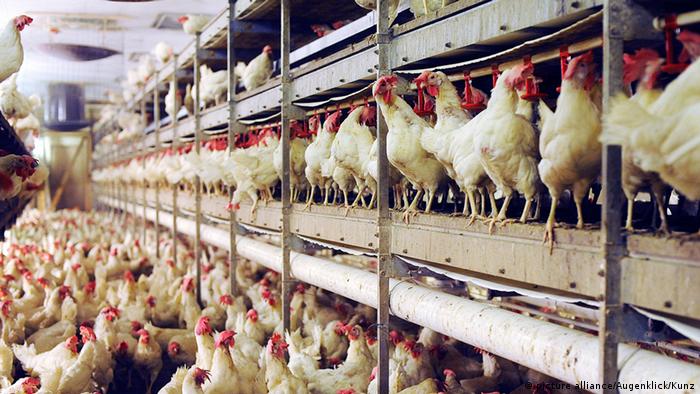
Factory farming on the outWhile scientists don't yet know exactly how COVID-19 originated, recent pandemic virus threats such as swine flu and bird flu almost certainly evolved at pig and chicken factory farms. With a link already established between intensive animal agriculture and an increased pandemic risk, it might be the moment to rethink factory farming at its current scale.
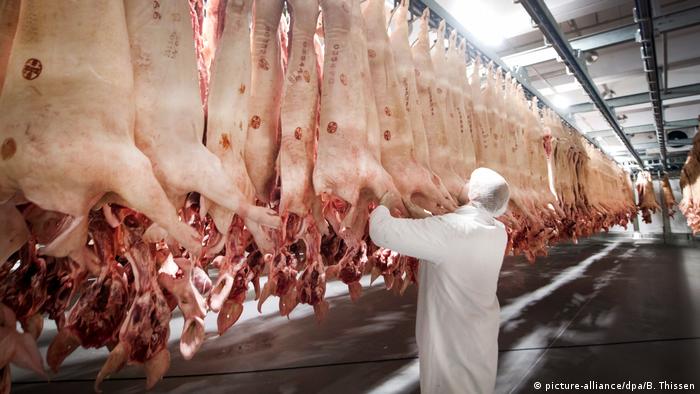
Meat industry exposed
The pandemic has also cast a light on the poor conditions in the meat processing industry. Germany has seen several coronavirus outbreaks among meat factory employees, and has even put two districts in western Germany in quarantine after more than 1,550 workers at the Tönnies slaughterhouse were infected with the disease. Calls are growing for better regulations throughout the meat branch.
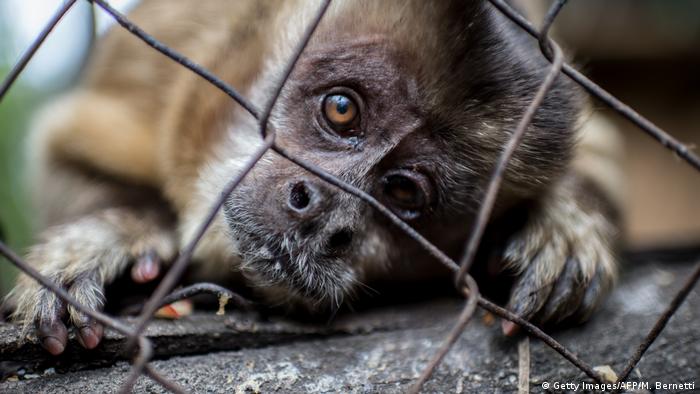
Moving away from wildlife farming
Experts believe the coronavirus likely came from wildlife sold at a wet market in Wuhan, China. In the wake of the pandemic, China clamped down on the wildlife trade, shutting down almost 20,000 wildlife farms. Some Chinese provinces are now offering government support to help wildlife farmers transition away from the practice, and switch to growing crops or raising pigs or chickens instead.
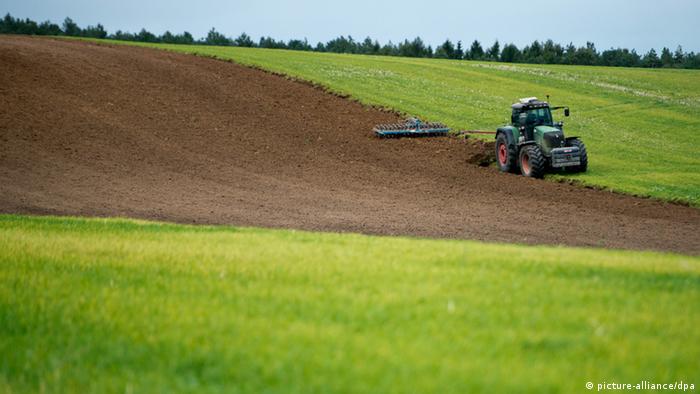
A more resilient sector
The pandemic has impacted our food supply chain. An industry evolved to feed a globalized world has been scaled back to the local level in some cases. From reduced access to animal fodder to shortages of labor, farmers are having to consider how to adapt to a new and uncertain future.
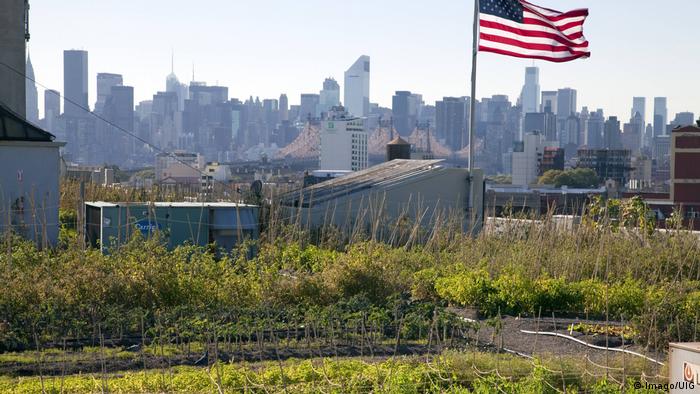
Urban farming flourishes
Forced to spend more time at home, increasing numbers of people have been trying their hand at growing their own food. This could be a positive development in the long run. With more than two-thirds of the world's population projected to live in cities by 2050, urban farming will become more crucial - and it requires less fossil fuel for transport and less land than conventional agriculture.
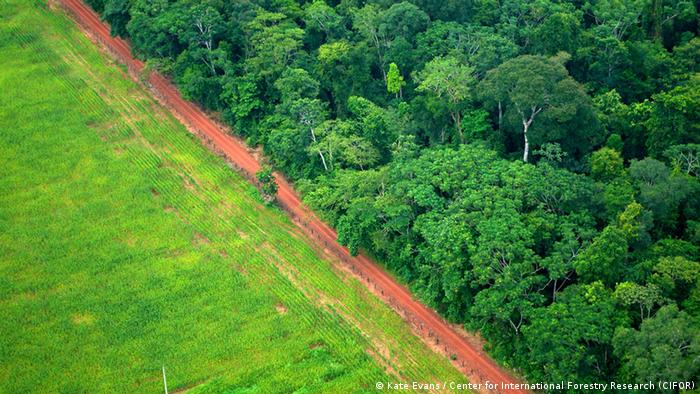
Giving land back to nature
With our planet's population expected to reach 10 billion by 2050, there's no escaping the fact that food production around the world needs to increase. While opening up more land was once seen as an obvious solution to this problem, a stronger focus on urban farming and concerns over the consequences of encroaching into nature could spark a rethink of how we use land.
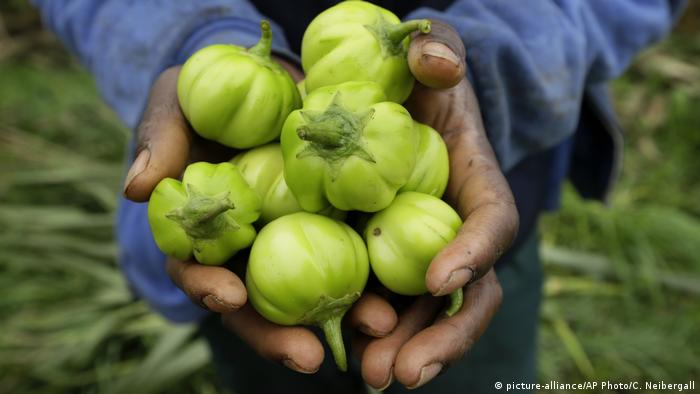
Switching to plant-based
As awareness of the potential health costs of the meat market grows, China has witnessed an increasing interest in plant-based products. The West has already experienced a trend towards plant-based diets over the past few years, and that is likely to continue as consumers become more concerned over the origins of meat products.

Increasing food security in developing countries
The COVID-19 pandemic is expected to impact developing countries heavily – particularly in terms of food security. The UN has already warned of famine "of biblical proportions" as resources become scarcer. Alongside immediate aid, mitigating widespread famine in the long-term will require better land protection, more diversified crops and more support for smallholder farmers who are most at risk

No comments:
Post a Comment